Market status for China is 'political' issue
Updated: 2015-01-23 13:07
By Niu Yue in New York(China Daily USA)
|
||||||||
China's market-economy status, which is vital in anti-dumping investigations, is more political than economic, according to an attorney who represents Chinese enterprises and American importers in anti-dumping cases in the United States.
"This is a political decision," William Perry, partner of Dorsey and Whitney LLP, said Wednesday during a seminar on China-US trade disputes at Brooklyn Law School. "Understand that. That's the reality."
Perry has been representing Chinese exporters and manufacturers in anti-dumping cases since 1991 and has worked with the International Trade Commission and the US Department of Commerce (DOC).
The comment comes at a time of heated debate on whether China will be automatically recognized as a market economy.
China agreed that other members of the World Trade Organization (WTO) could regard it as a "non-market economy" for 15 years from Dec 11, 2001, as a condition of joining the WTO in 2001. As the deadline of Dec 11, 2016, draws near, there have been disputes on whether China would be automatically recognized by other WTO members, based on different understandings of China's accession agreement.
China has been negotiating with other WTO members one by one to win market- economy status before 2016. Dozens of countries, including Russia, New Zealand, Australia and Singapore, have granted China that status.
Meanwhile, some of China's major trading partners, including the US and the European Union (EU), have not, saying that China has not met their criteria.
"Some of the bigger problems with China right now [are] the extensive industrial planning in China," said Christopher Cloutier, partner of King & Spalding LLP, which filed and prosecuted the first successful anti-subsidy case against China in 2007.
"There are some elements that are not very market-oriented, for example, preventing foreign ownership," he said, citing an industrial plan to develop China's iron and steel industry.
But Perry insisted the issue is more political, giving Russia and Ukraine as two examples. Russia and Ukraine won US recognition, respectively, in 2002, after the Afghan War, and in 2006 after the Orange Revolution.
Chinese state-controlled businesses now contribute to less than 40 percent of GDP. “It should be given a market [economy] status … the areas that are not state controlled are highly competitive. The areas they are protecting… they have good reasons,” said Ann Lee, author of What US Could Learn from China and an adjunct professor with New York University.
If a country regards China as a non-market economy, investigators will not use prices in China to calculate whether Chinese exporters are dumping, as prices in China are considered government-controlled and do not reflect the actual cost of production.
Instead, investigators will turn to a surrogate country with a market-economy status as a reference.
The practice could "provide countless distortions that affect the final dumping margin," wrote K. William Watson, trade analyst with Cato Institute, in a report. It also left Chinese firms unable of knowing what the normal value is until the DOC gets a result through surrogate values, making it difficult to avoid anti-dumping duties, according to the report.
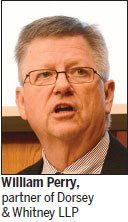
China, if recognized as a market economy, may not see a decline in trade disputes, because "there is no reason to believe people file cases because China is a non-market economy," said Cloutier.
However, he said Chinese companies would be confident of more fairness in trade disputes because China's own data would be used.
"Ultimately, I think China will litigate this, if the US government's practice continues," said Thomas Lee, a law professor with Fordham University. "They will definitely litigate it before the WTO, and the likelihood is that they will probably win before the appellate body."
Perry agreed that China eventually will receive market-economy status from the US.
Lu Huiquan in New York contributed to this story.
(China Daily USA 01/23/2015 page2)

 Birmingham's Spotlight on China dinner
Birmingham's Spotlight on China dinner
 How to distinguish doucai, wucai, Famille-rose and enamel porcelain
How to distinguish doucai, wucai, Famille-rose and enamel porcelain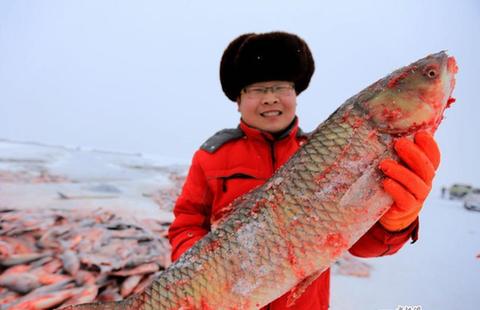
 Xinjiang lake in bumper fishing season
Xinjiang lake in bumper fishing season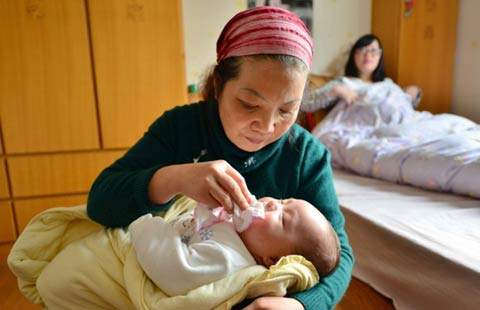
 Senior maternity matron a high-income job
Senior maternity matron a high-income job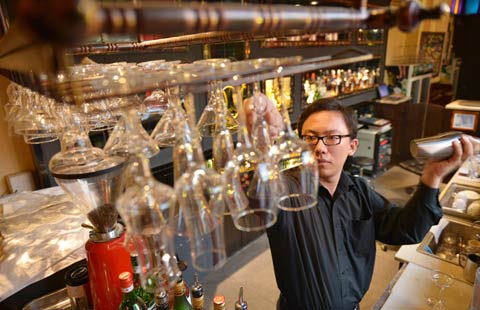
 Highly educated people seem more willful than the rich
Highly educated people seem more willful than the rich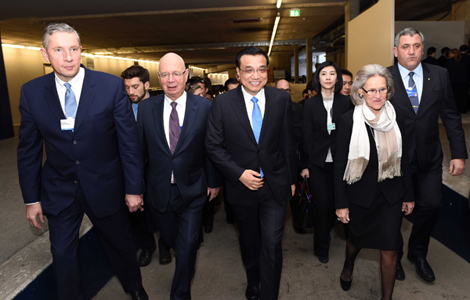
 Li predicts bright future for real estate
Li predicts bright future for real estate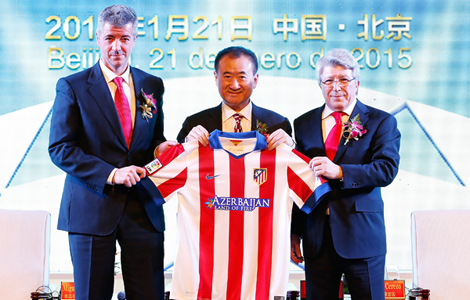
 Wanda boosts its branding in Europe
Wanda boosts its branding in Europe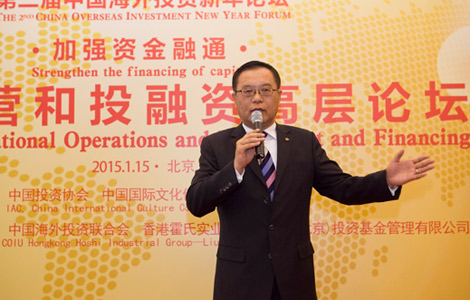
 Ontario highlighted in overseas investment forum
Ontario highlighted in overseas investment forum
Most Viewed
Editor's Picks
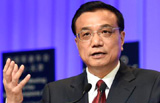
|

|

|

|

|

|
Today's Top News
China to focus on reforms, opening of capital market
Birmingham's Spotlight on China dinner
Bank takes renminbi-clearing seriously
Traditional Garb
HK trade office refresh ties in Toronto
Chinese developer buys Canadian ghost town
Beijing gears up for Super Bowl
Premier Li's Davos speech draws praise
US Weekly

|

|







